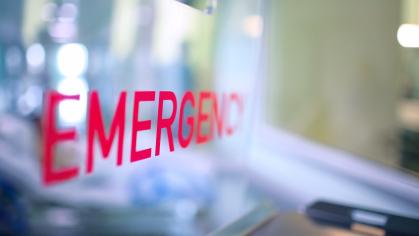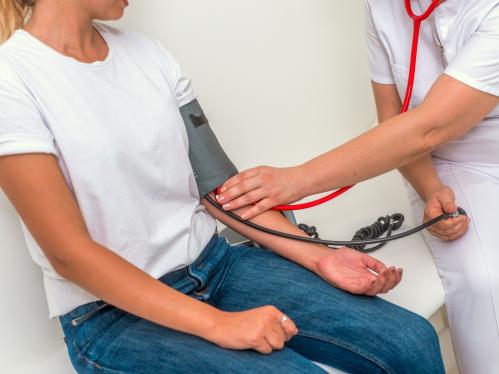
After-hours services and resources for medical and mental health emergencies. If you are experiencing a medical or mental health emergency, call 911.

Welcome to Rutgers–New Brunswick
Whether you're a first-year student or well on the way to your degree, Rutgers is a big place with limitless possibilities. Click below to find handy tips to start your semester off right.

Health and Wellness
Rutgers University–New Brunswick is committed to fostering a healthy campus and community. Find resources to campus health information.

ScarletWell is a public health and prevention-focused approach to mental health and wellness for Rutgers–New Brunswick that aims to create programs, resources, and a campus culture that supports holistic wellness for students, faculty, and staff alike.
Using the 8 Dimensions of Wellness model, we are committed to integrating well-being into all aspects of our campus to foster a healthy community, providing the resources we all need to get and stay well.
Rutgers Student Health takes a comprehensive approach to health and wellness and offers medical services including preventative, routine, and immediate medical care as well as writing and filling prescriptions.
If you are experiencing a medical emergency, dial 911 or call the Rutgers University Police Department at 848-932-7211. Rutgers Student Health is not an emergency medical center.

Counseling, Alcohol and Other Drug Assistance Program and Psychiatric Services (CAPS) offers mental health support services including individual and group therapy, crisis intervention, alcohol and other drug assistance programs, psychiatric care (medication management), workshops, and community referrals.
To schedule an appointment with CAPS, call 848-932-7884. If you are experiencing a medical emergency, dial 911 or call the Rutgers University Police Department at 848-932-7211.

Students with concerns about alcohol or drug use, either their own or that of someone they are close to, are encouraged to call 848-932-7884 and talk with an alcohol/drug counselor.
The Alcohol and Other Drug Assistance Program (ADAP), a part of CAPS, also provides confidential consultation services to faculty and staff to assist them in referring students.





After-hours services and resources for medical and mental health emergencies. If you are experiencing a medical or mental health emergency, call 911.

The Office of Disability Services provides reasonable academic accommodations for students with disabilities.

If you or someone you know has experienced sexual violence, dating violence, or stalking, call 848-932-1181 to speak with a confidential advocate.
Proud to Be a JED Campus
JED Campus is a national program that helps colleges create a safer, healthier environment for students’ emotional well-being. By partnering with The Jed Foundation, schools commit to strengthening mental health, substance use, and suicide prevention systems through expert guidance and proven strategies.
Being a JED Campus provides Rutgers–New Brunswick with:
